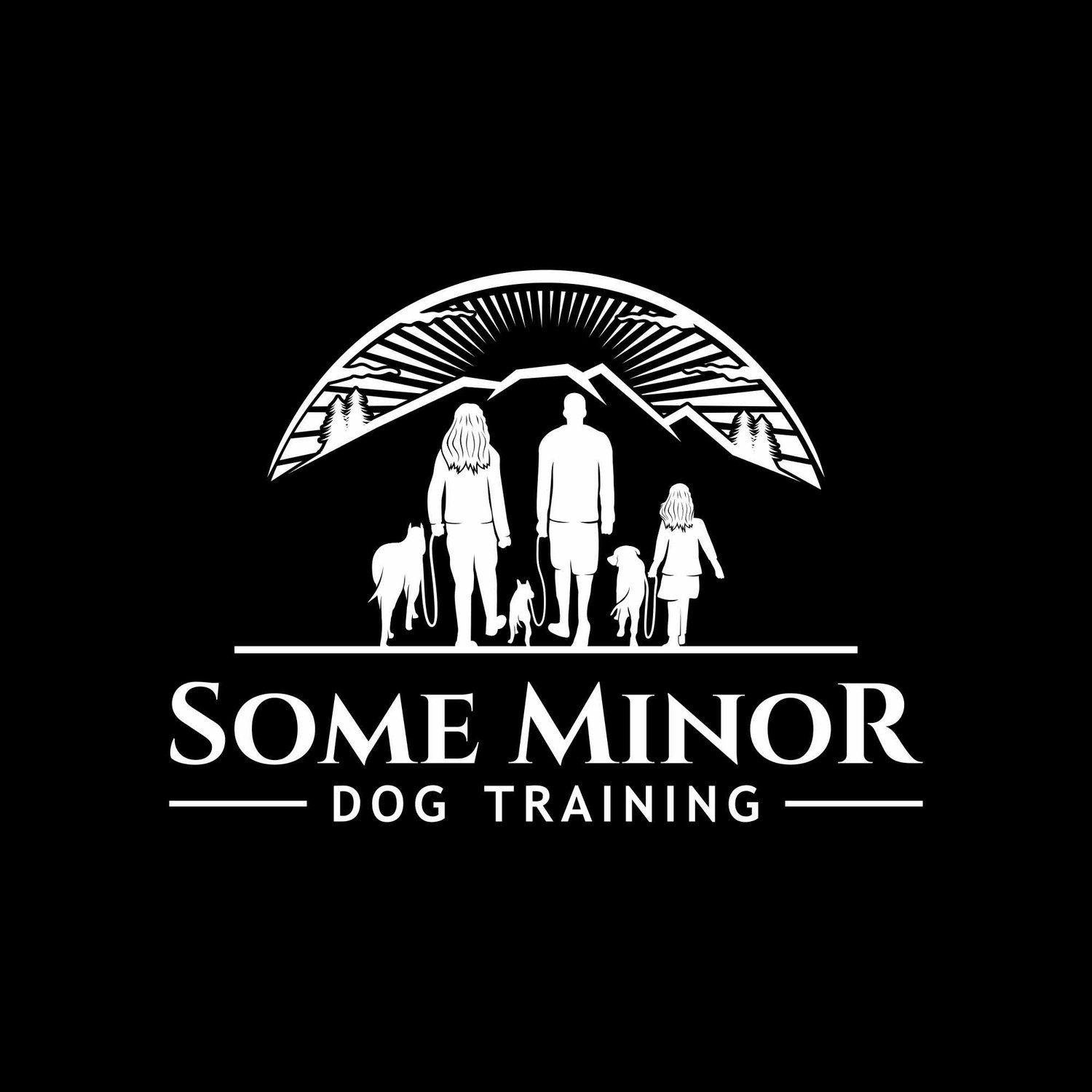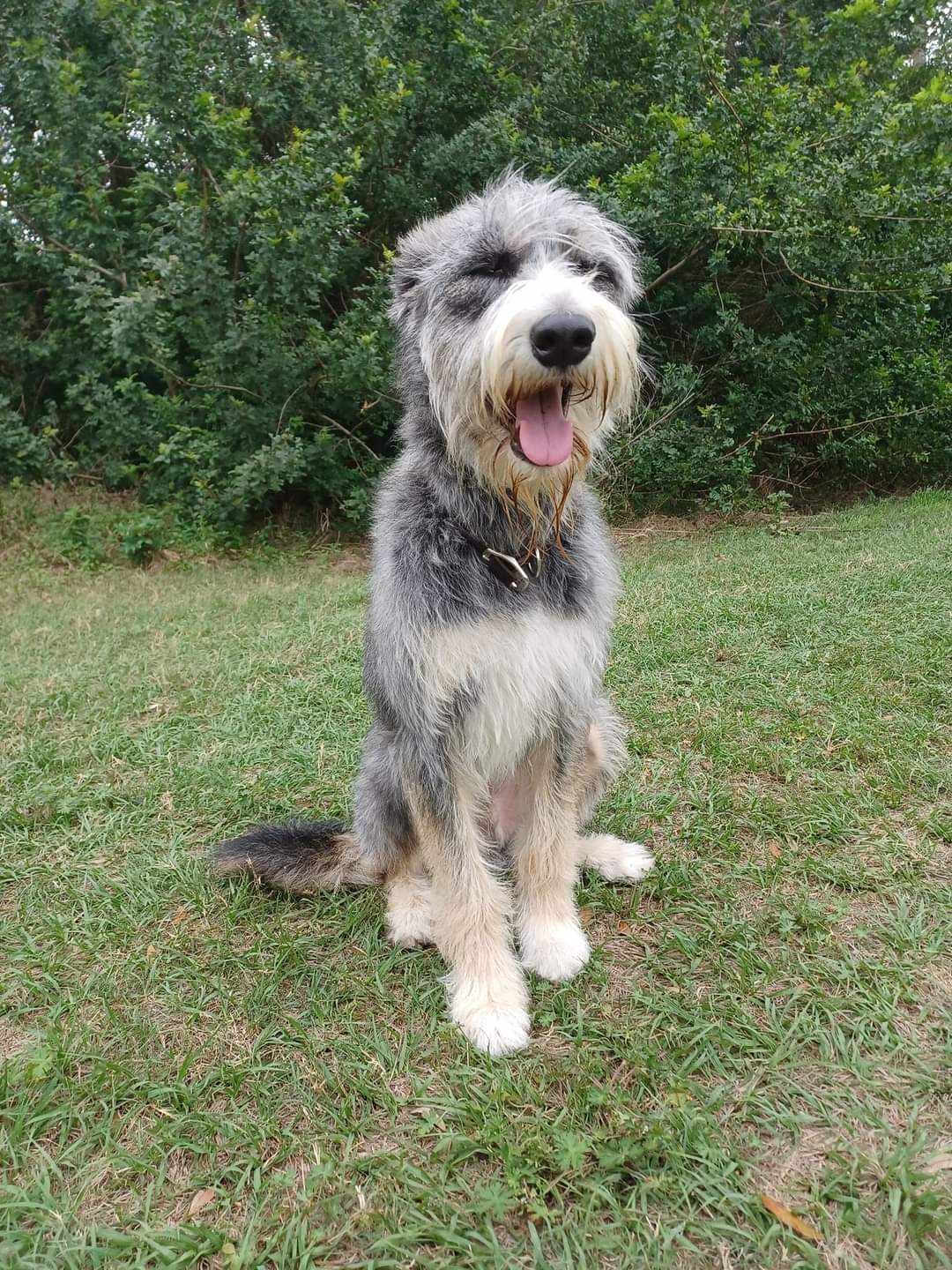Loki
Loki is a very unusual mix who comes with a ton of quirks, he also comes from a very unstable line of dogs who are prone to both dog selectivity and human aggression.
Breed: Mongrel (see Embark results)
Weight: 75 lbs
DOB: November 2018
Energy Level: Low-Medium
Favorite activity: Cuddling
Loki is a unique puppy who despite being raised with a dog trainer developed stranger wariness at just under 6 months of age, despite a ton of socialization. People would invade his space uninvited because “he’s such a cute puppy!”, completely strangers rushing up to this “cute puppy’s” face to force their affection on him, and this caused him to become reactive.
By the time he was a year old Loki was muzzled for every single walk and outing in order for him to get the space he needed from complete strangers. The muzzle was a beautiful deterrent for people and really slowed people down, making them think before approaching an unknown dog. It took years of dedicated work, obedience training, rebuilding our relationship in a new way, learning to advocate for him in ways that held value, rebuilding his association with strangers (just existing around them was difficult for him in the beginning).
He was supposed to go to a new home when he was 6 months old, and was only intended to be a foster for us, but with his known genetic temperament within his lineage and his increasing wariness and reactivity of people we didn’t feel it was safe to place him in a different home. With his Maternal Uncle being a human aggressive, high bite risk dog, along with reactivity, selectivity and aggression amongst many other family members, we decided that Loki would stay with us for the rest of his days.
After management, behavioral modification training, dedicated work and relationship building Loki now enjoys greeting many strangers and has come a long way.
This temperament, unfortunately, is genetic and cannot be trained out. This is something that we, as his owners and caretakers, have to be aware of at all times. It can be exhausting but it can also be amazingly rewarding.
We understand the hard work that goes into rehabilitations on a intimate level, and understand that even though dogs may have quirks or require life long work/management, that doesn’t make them bad dogs but it cant make them the wrong dog for many households.







